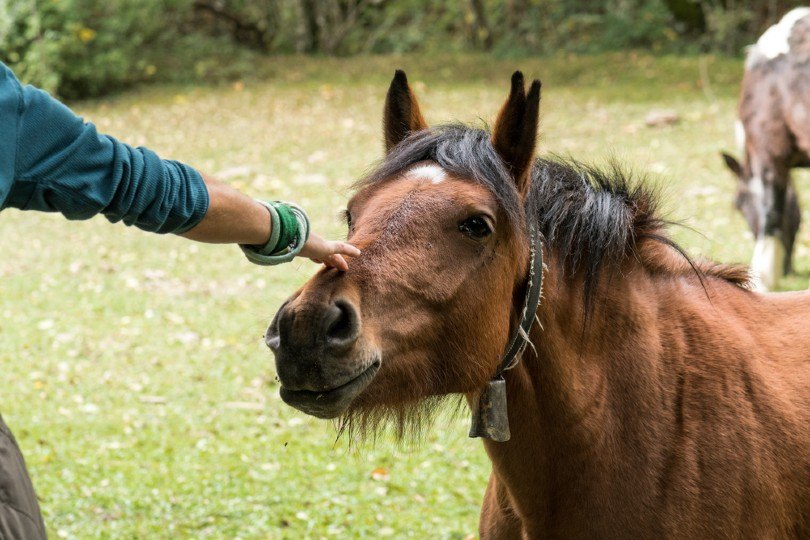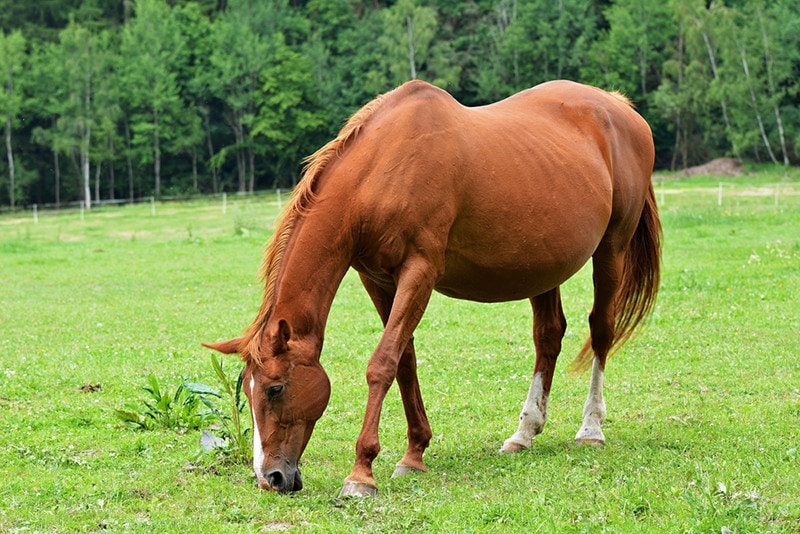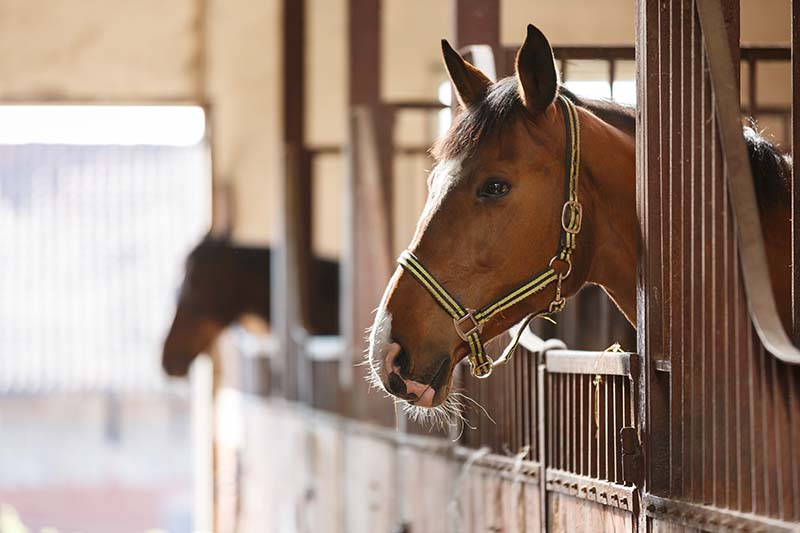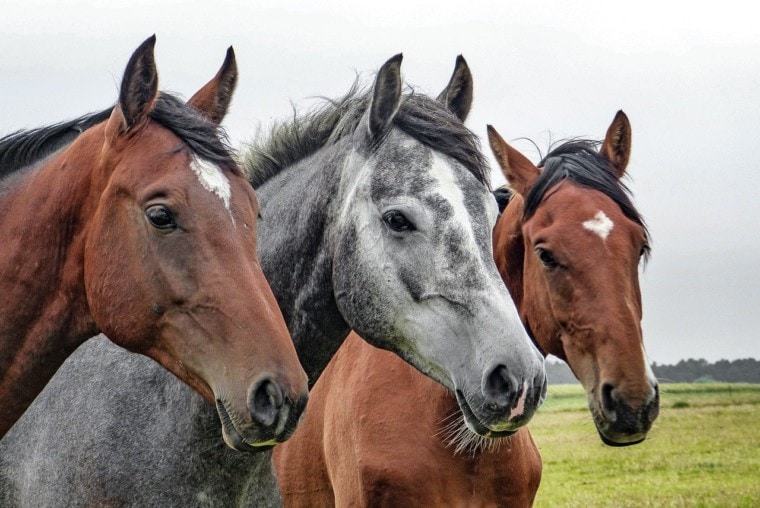
Equine influenza is one of the most infectious diseases in horses. It’s highly contagious, spreads rapidly, and affects the respiratory tract of your horse. It’s extremely common in the United States, the United Kingdom, and many other countries worldwide. Vaccination is your best line of defense, but many new and experienced owners may not know which vaccinations are available or which ones are to choose. If you have questions about Equine influenza vaccinations and are unsure which ones to get for your horse, keep reading while we provide you with a complete guide to help you be better informed.
Equine Influenza Vaccinations
Luckily, there are only two main types of Equine Influenza Vaccinations. The two types are inactivated vaccines and modified live vaccines. The kind you use is mostly a personal choice, but budget and availability will likely play a part. A pregnant mayor will also have special needs that will look at now.
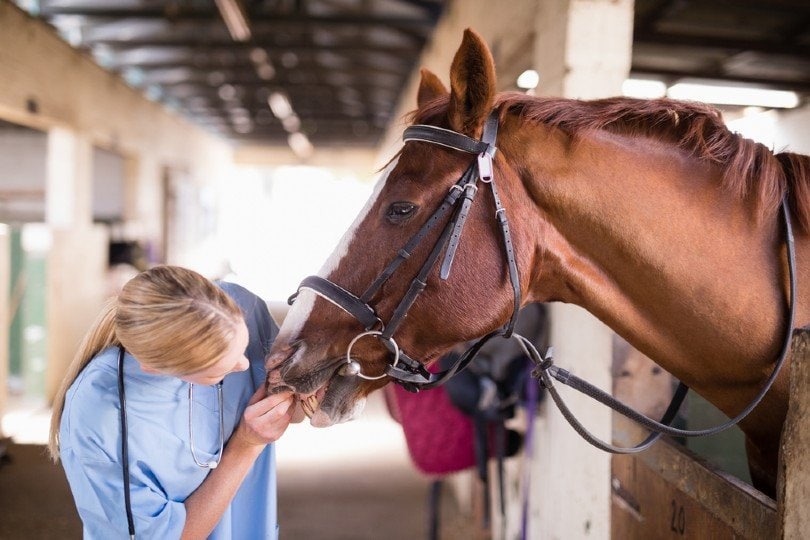
Inactivated Vaccines
Inactivated vaccines use a killed virus for intramuscular administration. Your horse will require two or three doses with three or four weeks in between each dose, so it will take a while before your horse is protected, and you will need to be comfortable with giving your horse a shot. One advantage to inactivated vaccines is that you can start using them at about four months, earlier than modified live vaccines. Modified live vaccines require you to wait several more months before administering them.
Modified Live Vaccines
As the name suggests, this vaccination uses a modified live virus to create a more potent treatment that you would minister through the nasal passage, and it’s a lot easier to administer. Unlike inactivated vaccines, the modified live vaccine only takes a single dose to be effective, so your horse is protected much sooner. The biggest downside to modified live vaccinations is that they might not be suitable for pregnant mayors, and you may need to rely on inactivated vaccines for these horses. Since the content is alive, the shelf life isn’t as long as inactivated vaccines.
Vaccination Tips
Summary
We recommend the modified live vaccines for most people as long as their horse isn’t pregnant because they are easy to administer and take effect quickly. Inactivated vaccines are the smart choice for pregnant mares, and horses don’t spend a lot of time around others to require immediate protection. Inactivated vaccines tend to be a little less expensive and have a longer shelf life.
We hope you have enjoyed reading over this short guide, and it helped answer your questions. If we have made it easier to decide how to protect your horse, please share this guide to equine influenza vaccinations on Facebook and Twitter.
Related read:
- 10 Common Horse Health Problems, Illnesses & Diseases (Vet Answer)
- What is Equine Strangles? Diagnosis, Treatment & Prevention
Featured Image Credit: WolfBlur, Pixabay




